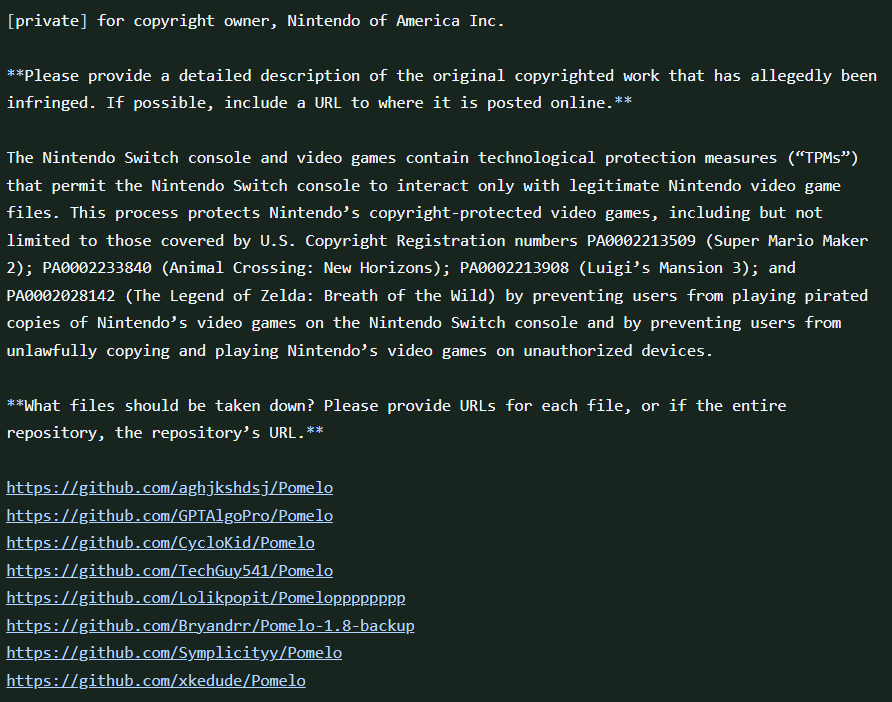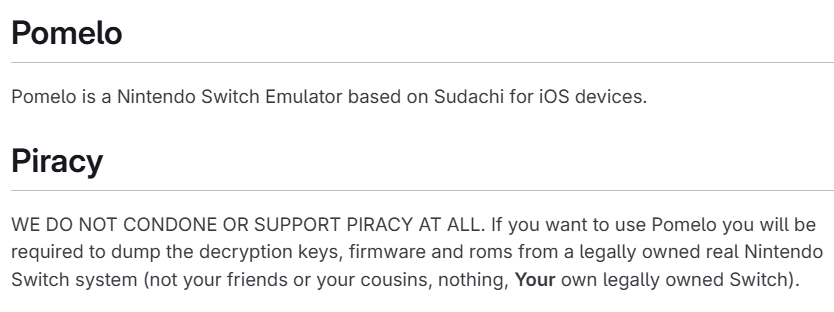At the start of 2024, few would’ve believed that Nintendo had a plan up its sleeve that would turn the Switch emulator scene upside down in a matter of months.
That Nintendo’s core strategy is effective regardless of the target, and appears flexible enough to put pressure on pro-piracy speech, is a rarity in itself. Even the timing and pace seem to have been measured to perfection.
While no action has been able to conclusively end Switch emulation, or even nudge the scene towards an existential crisis, things are not like they were in 2023. It’s possible there will never be a return, but all things considered, mass uptake of emulation for piracy purposes was never likely to end well.
A less shouty and brazen attitude towards the risky side of emulation, may actually end up being a plus for those determined to continue. When mainstream attraction eventually wears off, Nintendo itself may experience diminishing returns; right now, however, there’s still plenty of work left to do.
Undermining Foundations, Limiting Options
After the dust settled on Yuzu’s demise, any software based on Yuzu had already inherited the same poisonous traits that led to its downfall. With those details in hand, Nintendo has had a much easier time taking down developers’ repos.
Suyu, Nuzu, Uzuy and Torzu all faced disruption in July, along with Sudachi, a Yuzu-based emulator whose DNA can also be found in Pomelo, a Switch emulator for iOS devices.
In a DMCA takedown notice filed at GitHub a few hours ago, Nintendo targets eight Pomelo repos. Highlighting that Pomelo code can be traced back to Yuzu, Nintendo’s notice lists everything that Yuzu did wrong and then links that directly to Pomelo.
“The reported repository provides access to the yuzu emulator or code based on the yuzu emulator (specifically, a program called Pomelo),” the notice reads, before complaining about Yuzu’s actions and leaving GitHub to connect the dots.

“The yuzu emulator is primarily designed to play Nintendo Switch games. Specifically, yuzu illegally circumvents Nintendo’s technological protection measures and runs illegal copies of Nintendo Switch games,” Nintendo continues.
“Nintendo Switch games are encrypted using proprietary cryptographic keys (prod.keys) which protect against unauthorized access to and copying of the copyrighted games. During operation, yuzu necessarily uses unauthorized copies of these cryptographic keys to decrypt unauthorized copies of Nintendo Switch games, or ROMs, at or immediately before runtime without Nintendo’s authorization,” the notice adds.
All Switch Decryption is Illegal
On GitLab, where Pomelo currently continues unhindered, the repo has an unmissable notice on the very front page.

Unfortunately the disclaimer isn’t especially useful. Using the Yuzu case for guidance, dumping encryption keys, regardless of the source of those keys, is illegal. In fact, anywhere where encryption is mentioned, decryption is described as illegal, even when users extract keys from their own, legally purchased devices.
When taken together, these factors lead Pomelo and other Switch emulators down a dead end with nowhere left to go.
From: TF, for the latest news on copyright battles, piracy and more.
Source : Nintendo v. Pomelo: Yuzu-Based iOS Switch Emu in Circumvention Dead End









